For more than two decades, the British archaeologist professor Timothy Insoll has been engaged in a fascinating enterprise: uncovering the rich history of Bahrain.
He has helped to reveal the secrets of Bilad Al Qadeem (the capital of the island during the Abbasid caliphate), recorded Islamic inscriptions and discovered much about the country’s Christian past.
For these and other achievements, and what they have done for UK-Bahraini relations, Prof Insoll was made an Officer of the Order of the British Empire (OBE) in the recent UK New Year Honours list.
Prof Insoll, 58, the founder and director of the Centre for Islamic Archaeology at the University of Exeter in the UK, told media that the honour recognised not only his work, but also that of Bahraini colleagues. He hopes that it will generate “a lot more publicity for the rich archaeology of Bahrain”.
“More or less anywhere that you dig in Bahrain, you find archaeology; it’s just so densely packed with archaeology, it’s absolutely amazing,” Prof Insoll said.
Since 2001, Prof Insoll has spent about a month each year, usually in November, in Bahrain carrying out archaeological work.
His long association with the Gulf nation began when he saw that there was “a gap” in its archaeology, with detailed work having been carried out, for example, on the Dilmun civilisation (about 2300BC to 500BC) and the Tylos period (300BC to 300CE), but with much less analysis of the more recent Islamic period.
He approached the Crown Prince, Salman bin Hamad Al Khalifa, who since 2020 has also been the Prime Minister, with a view to studying Bahrain’s Islamic archaeology.
“It was early in my career then and I was very lucky in the Crown Prince deciding that he would support this financially, as did the Arts and Humanities Research Board [now the Arts and Humanities Research Council] in the UK. It’s just grown from there,” he said.
Without the Crown Prince’s “financial and moral support”, Prof Insoll and his colleagues “wouldn’t have been able to achieve half the things that we’ve done”.
Prof Insoll’s interest in the Islamic period came because when he started training as an archaeologist three decades ago, art historians and architectural historians dominated research.
“They looked at beautiful buildings and palaces and artworks that are produced by the elites,” he said. “The actual archaeology of the everyday people, the middle classes, was neglected.
“All the sorts of things we would take for granted in non-Islamic archaeology, if I can put it like that – looking at diet, looking at mortality patterns, looking at identities – weren’t being studied in Islamic archaeology.”
Carried out under the auspices of the Early Islamic Bahrain project, his work in Bahrain began with excavations on the outskirts of Manama and has since encompassed sites across the country.
Bahrain’s archaeological richness is the result, Prof Insoll said, of its geographic position, which made it a stopping-off point for traders who brought material from India and China before heading up the Gulf. Bahrain was also just a “short hop” by boat to Saudi Arabia.

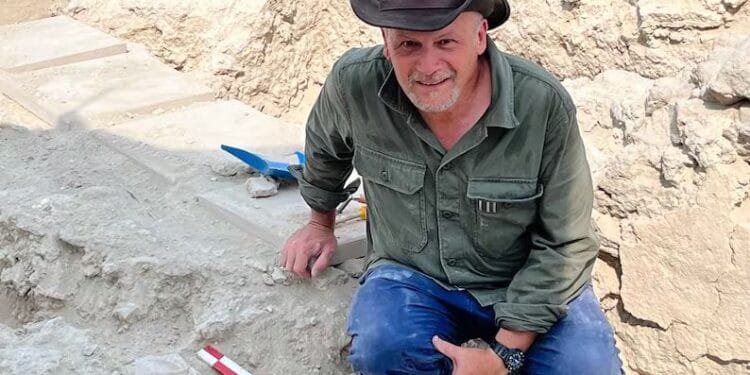

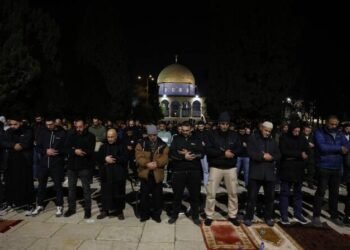


 United Arab Emirates Dirham Exchange Rate
United Arab Emirates Dirham Exchange Rate

